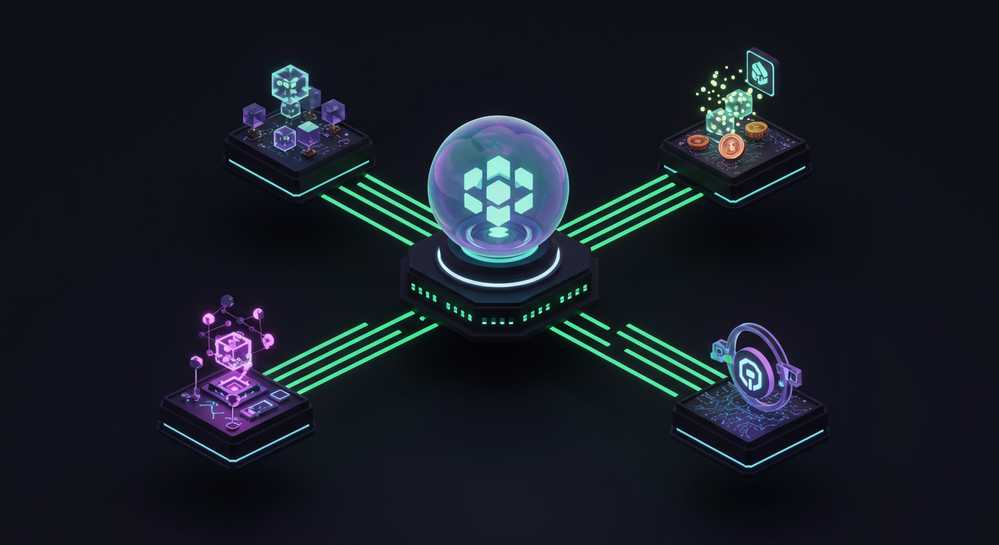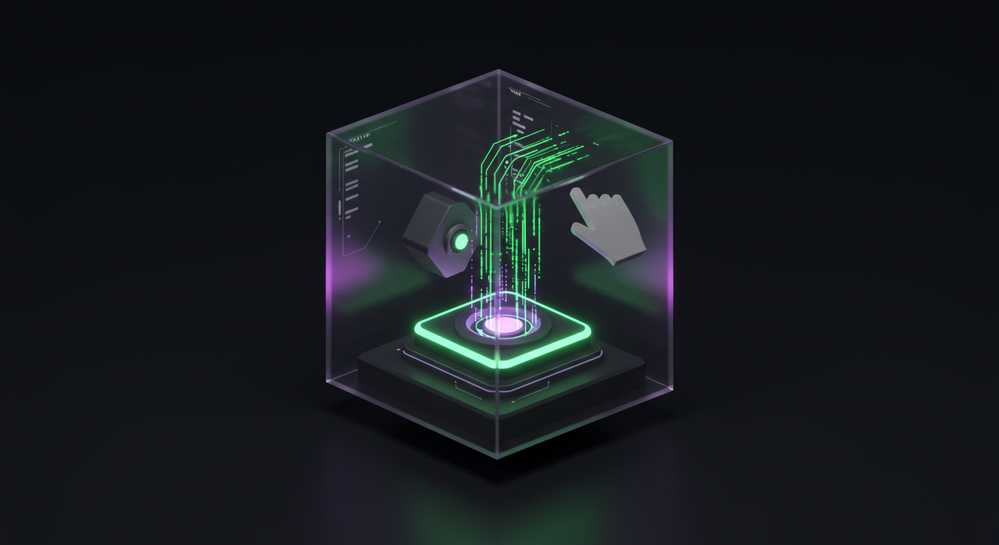
What is the solana test validator and how to use it
For developers building on the Solana blockchain, creating a secure and efficient testing environment is critical. This is where understanding what is solana test validator becomes essential. This powerful command-line tool provides a local, self-contained blockchain cluster, enabling developers to deploy and test their programs without the costs or complexities of public testnets. This guide explores its function, features, and how to get started, providing a foundational knowledge for any Solana developer.
Contents
What is a validator on the Solana network
A validator is the engine of the Solana ecosystem. This dedicated computer runs specialized software to participate in network consensus. It processes transactions, votes on new blocks, and maintains a complete copy of the blockchain ledger. Validators are the guardians ensuring the network’s security, speed, and decentralization, earning SOL rewards for their crucial work.
- Transaction Processing: They receive user transactions and organize them into blocks for confirmation.
- Consensus Participation: Validators use Proof of History (PoH) and Proof of Stake (PoS) to agree on the network state.
- Ledger Maintenance: Each validator holds the entire blockchain history, guaranteeing data integrity and availability for all.
Operating a mainnet validator is a demanding task. It requires significant computational power and a substantial financial stake in SOL. Malicious actions or poor performance can lead to slashing, where a portion of their stake is lost. This combination of high hardware requirements and financial risk underscores the need for a safe development environment.
The role of the solana test validator

The solana-test-validator is a powerful command-line tool that creates a complete, private blockchain simulation on your local machine. Its primary role is to provide developers with a risk-free sandbox. Unlike a mainnet validator connected to the global network, this tool runs an isolated cluster, offering a perfect environment for building, testing, and debugging Solana programs before they go live.
Think of it as your personal Solana universe where you have total control. You can deploy smart contracts, create accounts, and airdrop unlimited test SOL without any real-world cost or network latency. This local setup drastically accelerates the development lifecycle. It allows for rapid iteration and troubleshooting, a process that would be slow and expensive on public testnets like devnet or testnet.
- Accelerate Development: Get instant feedback without waiting for network confirmations.
- Eliminate Costs: Test transactions and deployments with free, simulated SOL.
- Ensure Quality: Debug and perfect applications in a controlled setting before public release.
Key features and common use cases

The solana-test-validator is an indispensable tool for developers, offering a high-fidelity replica of the mainnet. It provides a controlled environment packed with features to streamline the entire building and testing process. Its utility stems from giving developers complete control over a private blockchain instance, removing the costs and delays of public networks.
Core functionalities
- Local Ledger: It saves the blockchain state to your disk. This allows you to stop and restart the validator while preserving all deployed programs and account data.
- RPC Endpoint: The tool exposes a local JSON RPC endpoint. Your dApp or test scripts can connect to it just as they would with a public network.
- Airdrop Capability: You can use the Solana CLI to airdrop unlimited SOL to any address. This is perfect for simulating user funding and transaction costs.
- Direct Program Deployment: Developers can deploy, test, and upgrade their programs directly. This provides instant feedback on smart contract logic and performance.
These features make it ideal for common tasks. Developers use it for unit testing smart contracts, debugging transaction failures, and building user interfaces that interact with on-chain programs without spending real funds.
How to run the solana test validator

Running a local validator is straightforward because the tool is included with the Solana Tool Suite. If you have the Solana CLI installed, you can manage and run it directly from your terminal. This accessibility makes it easy for developers to create a private testing environment without complex configurations, answering the core question of what is solana test validator in a practical way.
Prerequisites
Before running the validator, you must have the Solana Tool Suite installed on your system. You can easily verify the installation by opening a terminal and running the command `solana –version`. If the command is not found, follow the official documentation to complete the setup for your operating system.
Basic commands to start
To start the validator with its default settings, open your terminal and run the simple command below. This action initializes a new local cluster and generates a keypair for testing.
solana-test-validator
Your local network is now live. You can interact with it from a separate terminal window using other CLI commands. For example, use `solana airdrop 100` to get test SOL. To stop the validator, simply press Ctrl+C in the terminal where it is running.
The solana-test-validator is not just a convenience but a fundamental component of the Solana development toolkit. It empowers developers to build, iterate, and debug with incredible speed and efficiency by providing a robust, cost-free, and isolated local cluster. Mastering this tool is a crucial step for anyone serious about creating secure and reliable applications on the Solana blockchain. To explore automated trading solutions, check out Best Crypto Trading Bot for advanced tools and insights.



